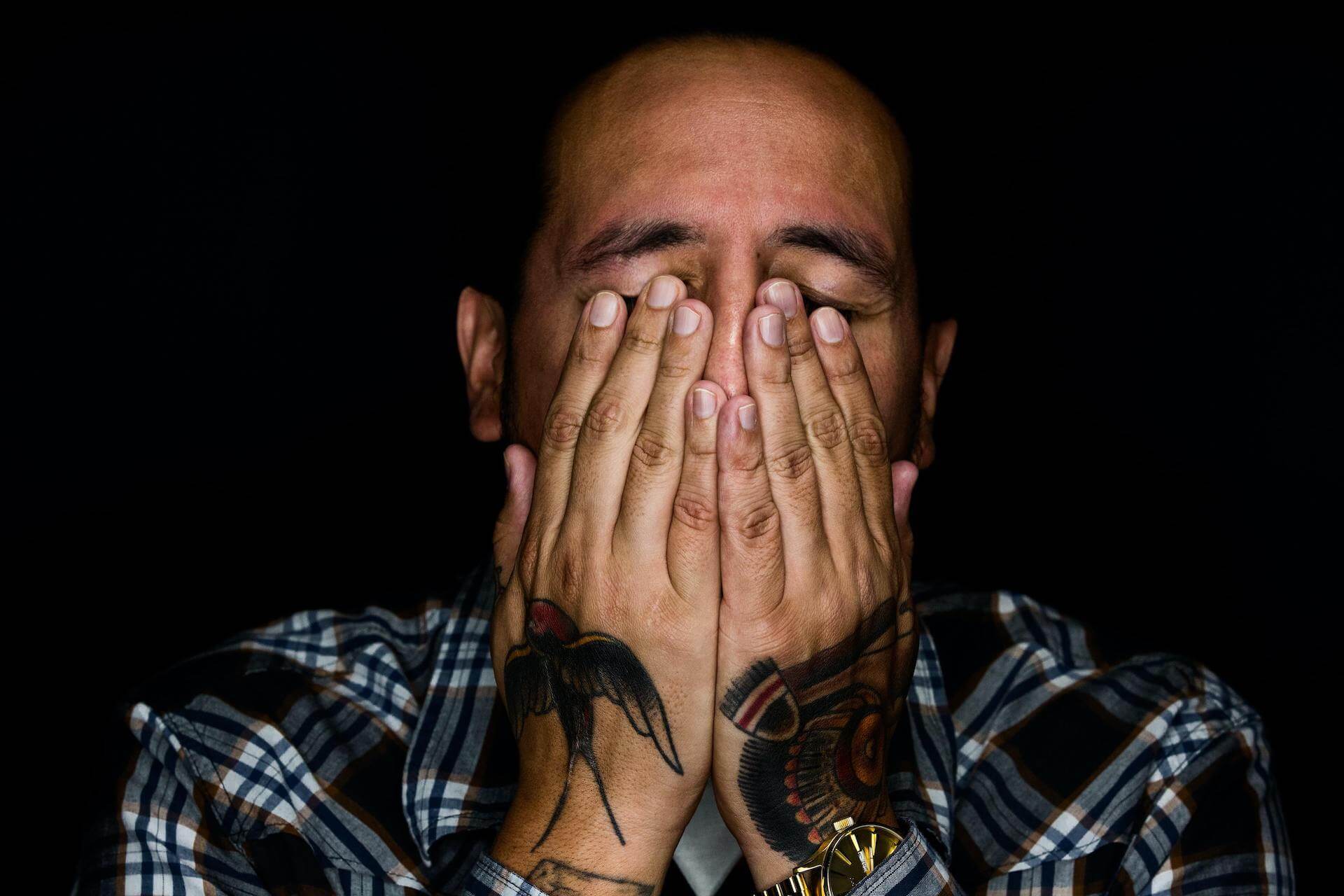In a study by Bruijn, et al. (2010), it was found that compared to healthy children, children with migraines:
* do not exhibit more withdrawn behavior
* do not have more thought problems
* do not have more social problems
* do not exhibit more delinquent or aggressive behavior
* are not more frequently diagnosed with attention-deficit/hyperactivity disorder
* are not more frequently diagnosed with conduct disorder
* are not more frequently diagnosed with dysthymia or depression
http://pediatrics.aappublications.org/cgi/content/abstract/126/2/323
It was also found that children with migraines have more somatic complaints and show more internalizing behaviors than children without migraines. However, the researchers felt those behaviors were a consequence having migraines – not a sign of psychopathology.
There was some limited evidence that in a clinical setting, children with migraines are more frequently diagnosed with oppositional defiant disorder than children without migraines. There could be a couple of reasons for this:
1. In a clinical setting, people are more likely to have mental health issues, because it’s…a clinic. Therefore, you will naturally have more diagnoses than in a non-clinical setting.
2. If I had migraines, I’d be pretty crabby and oppositional too! And I was already crabby and oppositional anyway, migraines would kick me into the way crabby and oppositional category.






[…] This post was mentioned on Twitter by juliaequilib, Stephanie Sarkis PhD. Stephanie Sarkis PhD said: New blog post: Kids with Migraines: Their Mental Health is Fine https://stephaniesarkis.com/blog/?p=1006 #parenting […]